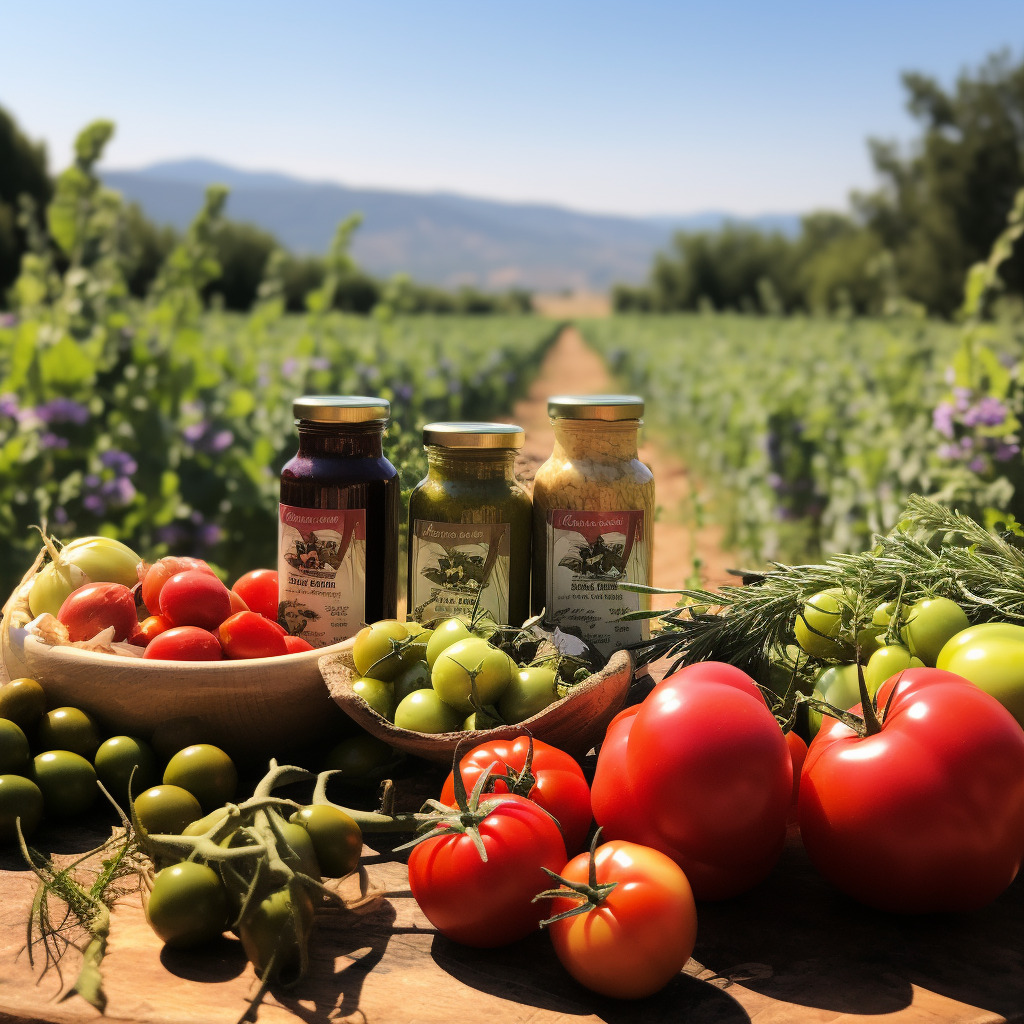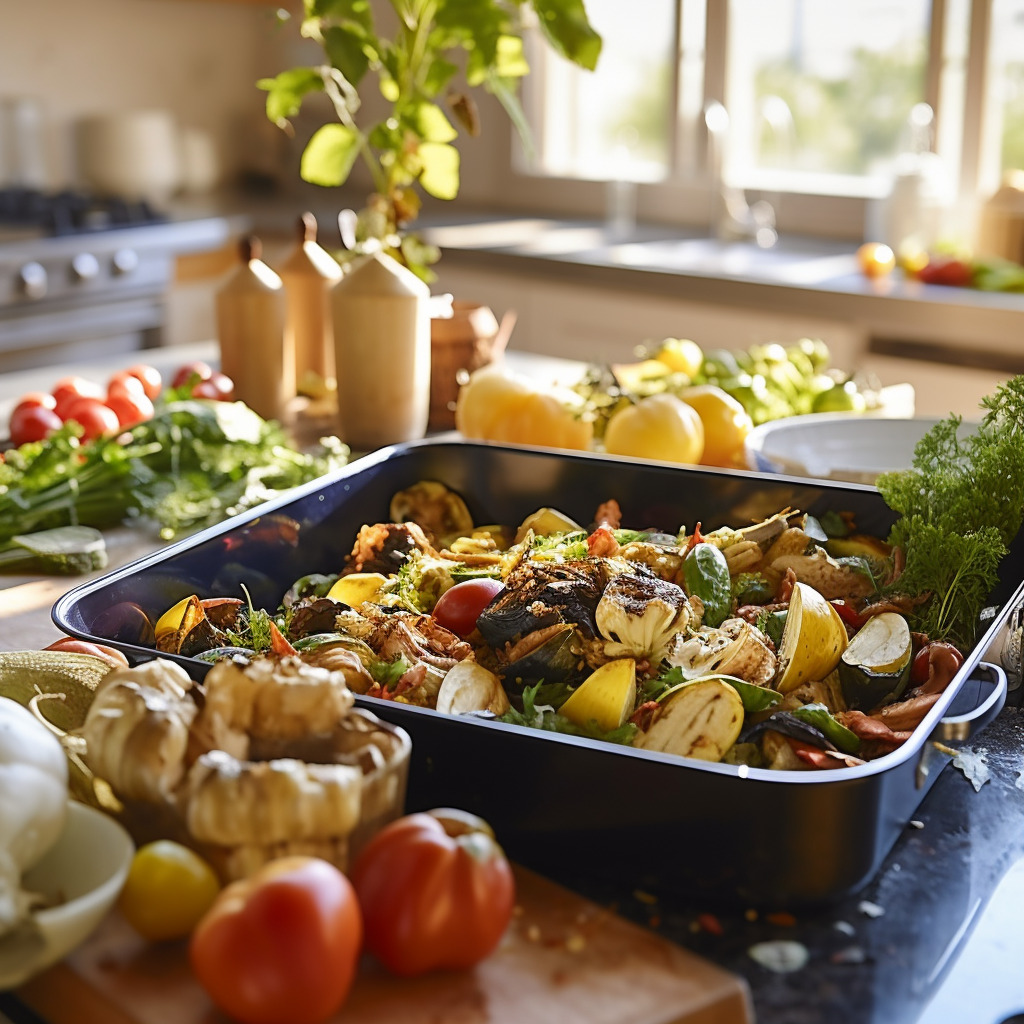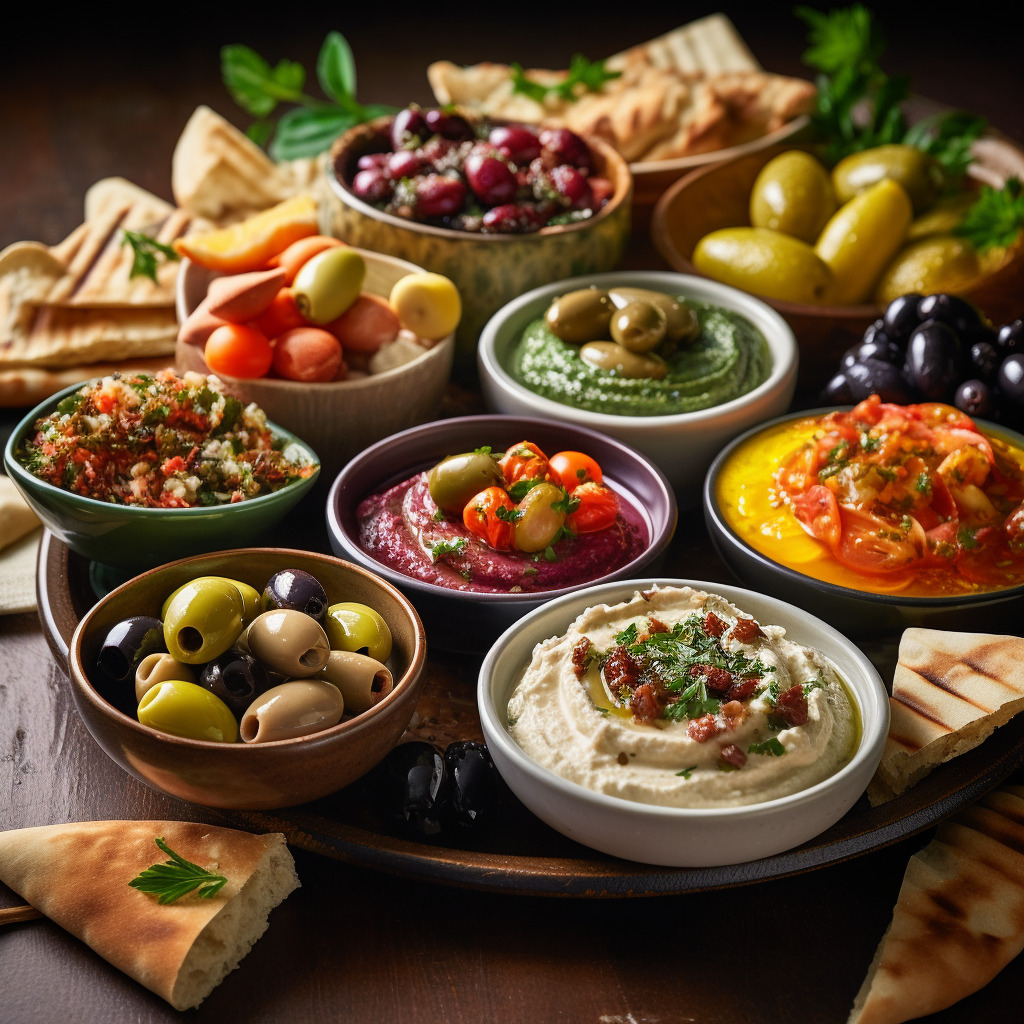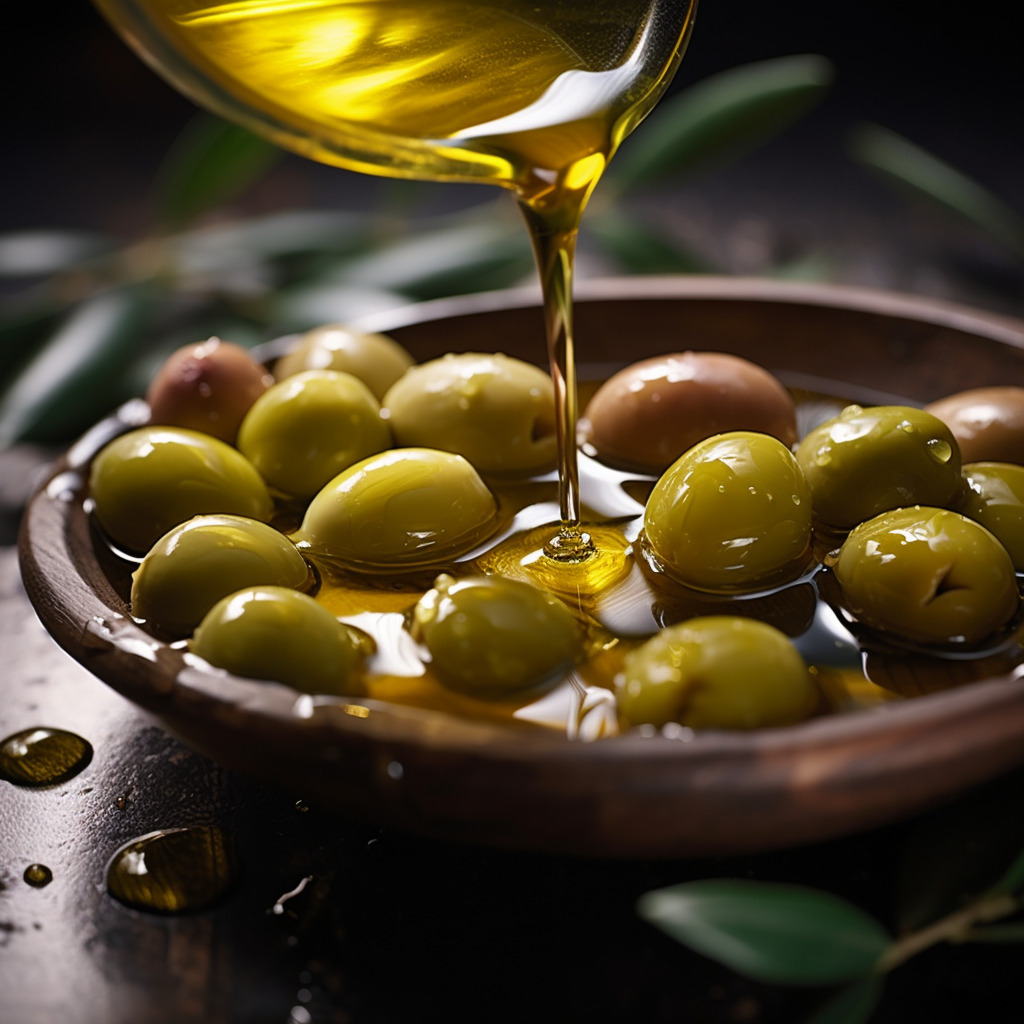Greek cuisine is a hearty song of love, sung to the rhythm of the changing seasons, carried forth on the wings of a gentle Mediterranean breeze. This gastronomic symphony is composed of robust Greek ingredients, each playing its unique melody, coming together to form the soulful culinary tradition known as Greek cooking.
For Greeks, the farm-to-table philosophy is not a trend but a time-honored way of life. Rooted in the country’s ancient history, it intertwines with the daily routines, cultural practices, and indeed, the very heart of Greek cuisine. Fresh, locally grown, and seasonally harvested Greek produce is not just a component but the very lifeblood of authentic Greek recipes.
Picture a rustic Greek farm — sun-drenched fields awash with ripening tomatoes, olives glistening on the trees, flocks of sheep lazily grazing on a verdant meadow. Freshly baked bread, homemade cheeses, and wine are enjoyed under a cerulean sky, reminding one of the simple pleasures of life and the bounty of the Greek earth. This tableau represents the quintessence of Greek cooking philosophy. The critically acclaimed book, “Cooking with Loula: Greek Recipes from My Family to Yours”, beautifully explores this bond between Greek cuisine and its ingredients.
The star of Greek cooking is undoubtedly the olive oil. Known as ‘liquid gold,’ it is generously used in almost all Greek recipes, adding a rich, fruity note to each dish. Greek olive oil is renowned for its superior quality, thanks to the country’s favorable climate and the careful cultivation of olive groves. Considered a gift from the gods, olive oil is a quintessential part of the Greek diet and a prime example of the importance of local ingredients.
Another stalwart of Greek cuisine is feta cheese. This tangy, crumbly cheese, made from sheep’s or goat’s milk, is a true testament to Greece’s pastoral abundance. Every region of Greece produces its own variant, adding a distinct local flavor to the national culinary canvas. One can’t imagine a traditional Greek salad without the inclusion of this fabulous cheese.
Next in line are the myriad of vegetables and legumes that constitute the backbone of the Greek cooking philosophy. The Greek produce landscape is painted with vibrant tomatoes, fragrant herbs like oregano and rosemary, crisp cucumbers, and an array of legumes like lentils and chickpeas. These locally sourced ingredients make their way into countless dishes, offering a burst of freshness in every bite. The book “The Greek Vegetarian: More Than 100 Recipes Inspired by the Traditional Dishes and Flavors of Greece” offers a fantastic journey through the vegetable-centric aspects of Greek cooking.
Seafood, a gift from the azure Greek waters, plays a crucial role in Greek cuisine. From simple grilled fish to elaborate seafood stews, the day’s fresh catch features prominently in the Greek recipes, embodying the spirit of farm-to-table, or in this case, sea-to-table!
In the world of Greek cooking, honoring the produce is fundamental. Greeks believe that high-quality ingredients require little manipulation. Dishes often have only a handful of components, allowing each one to shine and work in harmony with the others. This ethos is beautifully articulated in “The Greek Diet: Look and Feel like a Greek God or Goddess and Lose up to Ten Pounds in Two Weeks”, a book that espouses the benefits of the Greek culinary approach.
Embracing the farm-to-table approach means fostering a connection with the land, understanding the seasons, and appreciating the labor that brings food to our plates. This is the essence of the Greek cooking philosophy, which imparts not just a sense of satiety but also of place and time.
So, open your kitchen to the wonders of Greek cooking. Use fresh Greek ingredients, experiment with authentic Greek recipes, and let your senses be your guide. Adopting the farm-to-table ethos will not only result in more flavorful meals but will also foster a deeper understanding and appreciation of Greek cuisine and its vibrant culture.
As you embark on this culinary journey, remember the Greek word, ‘meraki,’ denoting passion and love for what you do. May your cooking be filled with meraki, and may the joy of Greek cuisine resonate in every bite. Kali Orexi!
Greek-Inspired Brunch: A Feast Fit for the Gods
Sustainable Cooking: Reducing Waste in Your Greek Kitchen
Captivating Greek Wines: Toasting to Ancient Vines
Meze Madness: The Art of Greek Appetizers
Mouthwatering Greek Desserts: Beyond Baklava
The Ultimate Guide to Greek Olive Oil: Liquid Gold in Your Kitchen
Copyright © 2023 www.gyroshousetx.com
720 W Division St, Arlington, TX 76012
(817) 460-4824






